Kullu Nafsin Zaikatul Maut Meaning, Arabic Text, Surah Name, and Ayat
Advertisements
Kullu Nafsin Zaikatul Maut is a verse from the Noble Quran that talks about life after death. Here is the full verses and different Tafsir of these amazing ayat.
This verse emphasizes the inevitability of death for every living being and the concept of resurrection and accountability in the Hereafter. It’s a reminder of the transient nature of life in this world and the ultimate return to God for judgment.
Kullu Nafsin Zaikatul Maut Meaning In English
Kullu Nafsin Zaikatul means Every soul will taste death, and only on the Day of Resurrection will you be requited in full [for your deeds]. Whoever is saved from the fire and admitted to paradise will have triumphed, for the life of this world is nothing but a fleeting vanity.
Kullu Nafsin Zaikatul Maut In Arabic Text
The full Kullu nafsin ayat is written in Arabic text as;
كُلُّ نَفۡسٍ ذَآئِقَةُ ٱلۡمَوۡتِۗ وَإِنَّمَا تُوَفَّوۡنَ أُجُورَكُمۡ يَوۡمَ ٱلۡقِيَٰمَةِۖ فَمَن زُحۡزِحَ عَنِ ٱلنَّارِ وَأُدۡخِلَ ٱلۡجَنَّةَ فَقَدۡ فَازَۗ وَمَا ٱلۡحَيَوٰةُ ٱلدُّنۡيَآ إِلَّا مَتَٰعُ ٱلۡغُرُورِ
Advertisements
Transliteration
Kullu nafsin zaaa’iqatul mawt; wa innamaa tuwaffawna ujoorakum Yawmal Qiyaamati faman zuhziha ‘anin Naari wa udkhilal Jannata faqad faaz; wa mal hayaatud dunyaaa illaa mataa’ul ghuroor.
Kullu Nafsin Zaikatul Maut Verses In Quran
Kullu Nafsin can be found in three surahs in the Quran. The first verse of kullu Nafsin is in Surah Al Imran, verse 185. The others are in vere 35, surah Al Anbiya and verse 57 in surah Ankabut respectively.
Second: Kullu Nafsin in Surah Al Anbiya verse 35
كُلُّ نَفۡسٍ ذَآئِقَةُ ٱلۡمَوۡتِۗ وَنَبۡلُوكُم بِٱلشَّرِّ وَٱلۡخَيۡرِ فِتۡنَةًۖ وَإِلَيۡنَا تُرۡجَعُونَ
Meaning: Every soul will taste death. And We test you with evil and with good as trial; and to Us you will be returned.
Advertisements
Third: Kullu Nafsin in Surah Ankabut verse 57
كُلُّ نَفۡسٍ ذَآئِقَةُ ٱلۡمَوۡتِۖ ثُمَّ إِلَيۡنَا تُرۡجَعُونَ
Meaning: Every soul will taste death. Then to Us will you be returned.
Kullu Nafsin Zaikatul Maut How Many Times in Quran
Kullu Nafsin Zaikatul Maut appears three times in the Quran, and it is found in:
- Surah Al Imran verse 185
- Surah Al Anbiya verse 35
- Surah Ankabut verse 57
Read the full meaning of:
- Allahu Allahu Rabbi Laa Ushriku Bihi Shaiya.
- Ya Ayyuhallazina Amanu Ittaqullah Wa Qulu
- Ya Ayyuhallazina Amanu Ittaqullah Haqqa Tuqatih
Explanation of the verse
Tafseer As Sa adi
This verse highlights the reality of this world in order to put people off being overly concerned with it because of its transient nature, for it is a fleeting vanity that dazzles with its adornment and deceives with its ostentatious displays, but it will come to an end and people will pass on to the realm of eternity, when they will be requited for what they did in this world, good or bad.
(Whoever is saved) that is, brought out [from the fire and admitted to paradise will have triumphed) that is, he will have attained the greatest victory of escaping from the eternal punishment and reaching the gardens of delight in which there is that which no eye has seen, no ear has heard, nor has it ever entered the mind of man.
What this verse means is that whoever is not saved from the fire and admitted to paradise has not triumphed; rather he is doomed to eternal misery and suffering.
This verse contains a subtle reference to joy and punishment in al-barzakh, and that people will be partially requited therein for what they did, and they will taste the reward or punishment of what they did in this world.
This may be understood from the words and only on the Day of Resurrection will you be requited in full [for your deeds].
In other words, requital in full for one’s deeds will only come on the Day of Resurrection; before that, (there will be some degree of requital) in al-barzakh, and even in this world, as Allah says elsewhere:
We will surely cause them to taste a lesser punishment before the greater punishment…
Surah as-Sajdah 32: 21
Tafsir From Ma’Ariful Quran
The verse puts a sharp focus on the ultimate reality of things in a situation when sometime somewhere disbelievers come to enjoy ascendency one way or the other and they have all the luxury they can think of in this world.
Contrary to this, Muslims have to face some hardships, some difficulties and a certain paucity of worldly means.
There is nothing surprising about it and certainly no occasion to be grieved, for no follower of a faith or philosophy can ignore the reality of life that sorrow and happiness in this world are both short- lived.
No living creature can escape death.
As for the comfort and discomfort experienced in this world, they vanish, more than often, right there with relevant changes in circumstances or, just in case, no change takes place during the life of this world, it is certain that everything will end with the knock of death.
Therefore, worrying about this short-lived cycle of comfort and discomfort should not become the chronic concern of a wise person.
One should, rather, have concern for what would happen after death.
So, the verse tells us that every living being shall taste death and once in the Hereafter, there shall come the reward and punishment of deeds which will be severe and long drawn as well.
This is what a wise person should worry about and prepare for. Given this rule of conduct, one who stays away from Hell and finds enery into the Paradise is really the successful one.
May be this happens at the very beginning as would be the case with the most righteous servants of Allah.
Or, it may come to pass after having faced some punishment as would be the case with sinning Muslims. But, Muslims, all of them, will finally have their deliverance from Hell and the blessings of Paradise will become theirs for ever.
This will be contrary to what happens: o disbelievers, Hell will be their eternal resting place.
If they was proud over their shortlived worldly gains, they are terribly deceived.
That is why it was said at the end of the verse:
‘And the worldly life is nothing but an asset, full of illusion.’
Strange is the anatomy of this deception, for reckless material enjoyments here become the source of great hardships in the Hereafter and conversely, most of the hardships faced here become the treasure of the Hereafter.
Every Soul Shall Taste Death (Tafsir Ibn Kathir)
Allah issues a general and encompassing statement that every living soul shall taste death.
In another statement, Allah said,
Whatsoever is on it (the earth) will perish. And the Face of your Lord full of majesty and honor will remain forever.
Surah Ar Rahman :26-27
Therefore, Allah Alone is the Ever-Living Who never dies, while the Jinn, mankind and angels, including those who carry Allah’s Throne, shall die.
The Irresistible One and Only, will alone remain for ever and ever, remaining Last, as He was the First.
This Ayah comforts all creation, since every soul that exists on the earth shall die.
When the term of this life comes to an end and the sons of Adam no longer have any new generations, and thus this world ends, Allah will command that the Day of Resurrection commence.
Allah will then recompense the creation for their deeds, whether minor or major, many or few, big or small. Surely, Allah will not deal unjustly with anyone, even the weight of an atom, and this is why He said,
And only on the Day of Resurrection shall you be paid your wages in full.
Allah said,
And whoever is moved away from the Fire and admitted to Paradise, he indeed is successful.
Meaning, whoever is kept away from the Fire, saved from it and entered into Paradise, will have achieved the ultimate success.
Ibn Abi Hatim recorded that Abu Hurayrah said that the Messenger of Allah said,
A place in Paradise as small as that which is occupied by a whip is better than the world and whatever is on its surface.
(And whoever is removed away from the Fire and admitted to Paradise, he indeed is successful).
This was collected in the Two Sahihs, but using another chain of narration and without the addition of Ayah.
Abu Hatim Ibn Hibban recorded it in his Sahih without the addition as did Al-Hakim in his Mustadrak.
Allah said,
The life of this world is only the enjoyment of deception.
Belittling the value of this life and degrading its importance. This life is short, little and finite, just as Allah said,
(Nay, you prefer the life of this world. Although the Hereafter is better and more lasting. (87:16-17)
and,
And whatever you have been given is an enjoyment of the life of (this) world and its adornment, and that (Hereafter) which is with Allah is better and will remain forever. (28:60)
A Hadith states,
By Allah! This life, compared to the Hereafter, is just as insignificant as when one of you dips his finger in the sea; let him contemplate what his finger will come back with.
Qatadah commented on Allah’s statement,
(The life of this world is only the enjoyment of deception).
“Life is a delight. By Allah, other than Whom there is no deity, it will soon fade away from its people. Therefore, take obedience to Allah from this delight, if you can. Verily, there is no power except from Allah.”
The Believer is Tested and Hears Grieving Statements from the Enemy.
Advertisements

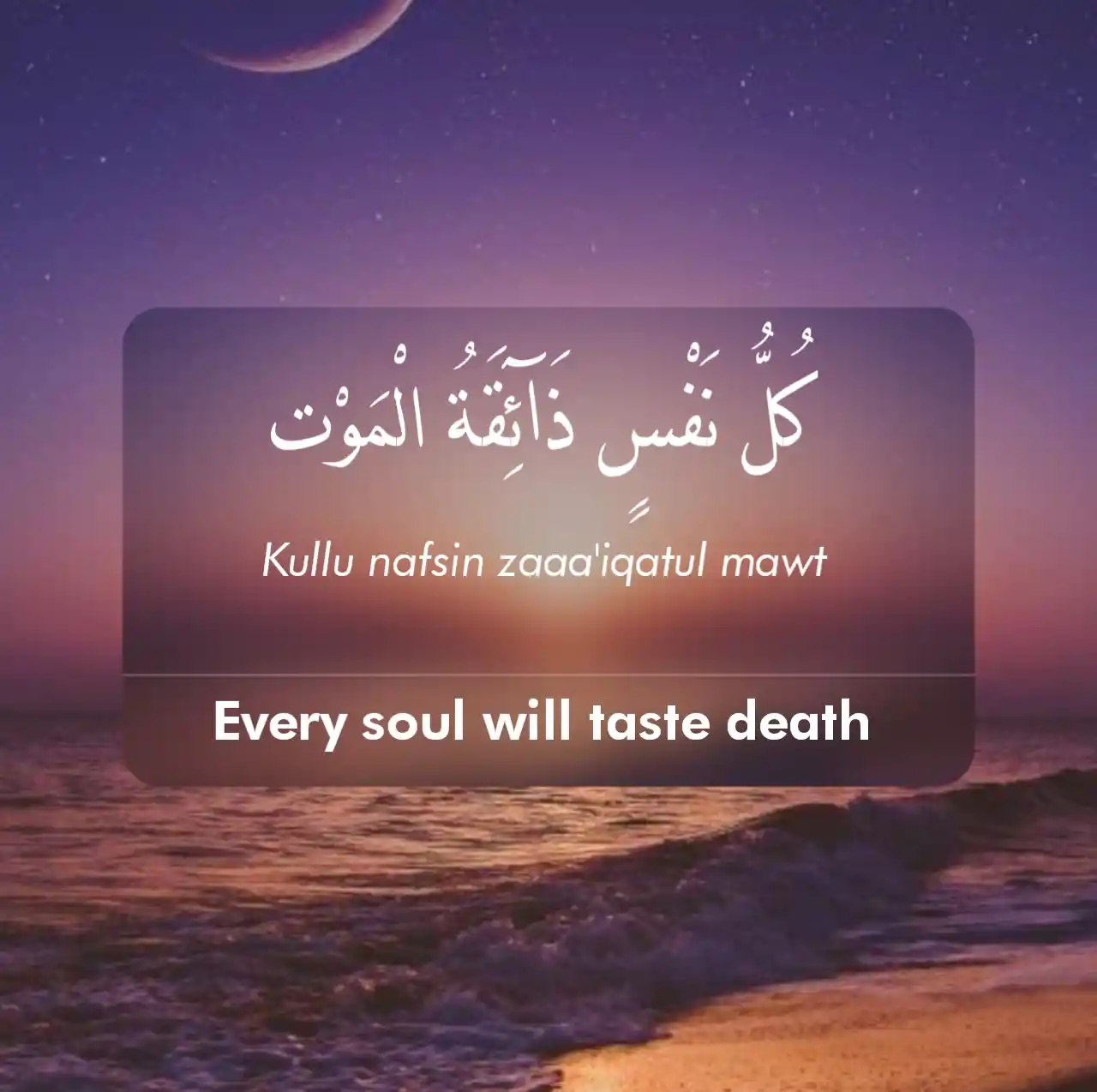


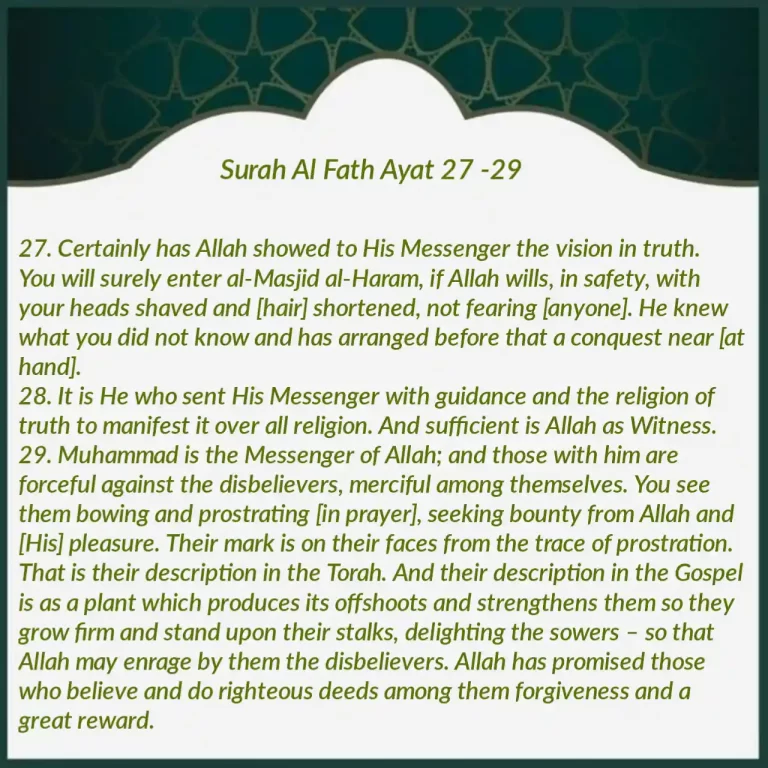
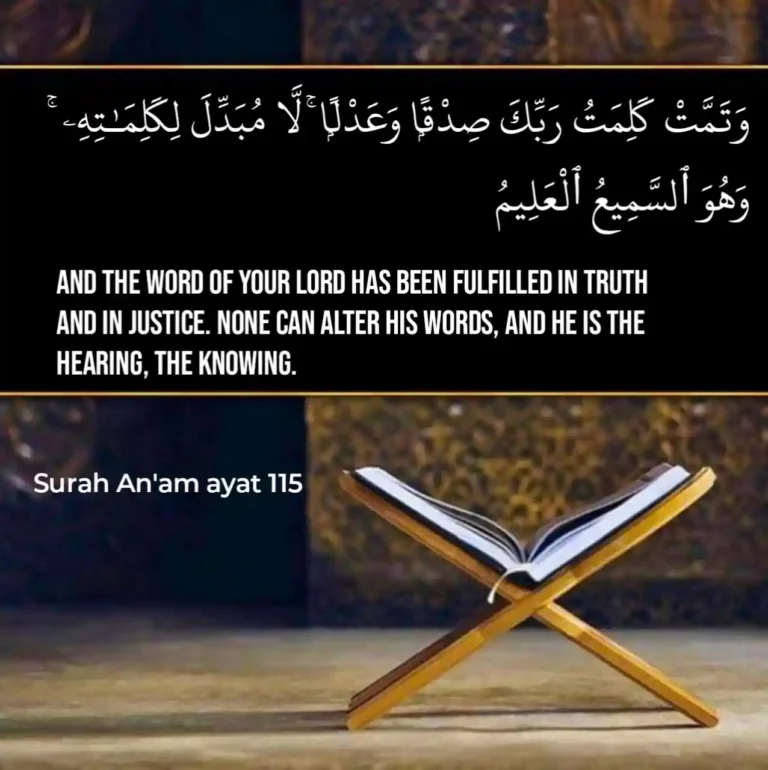
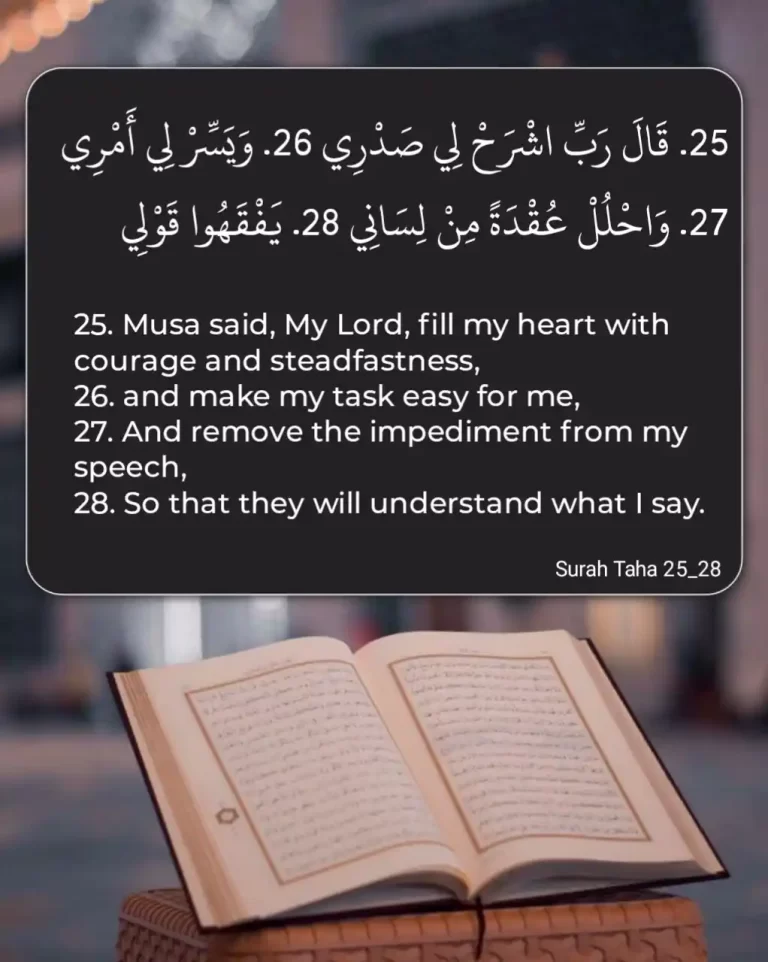
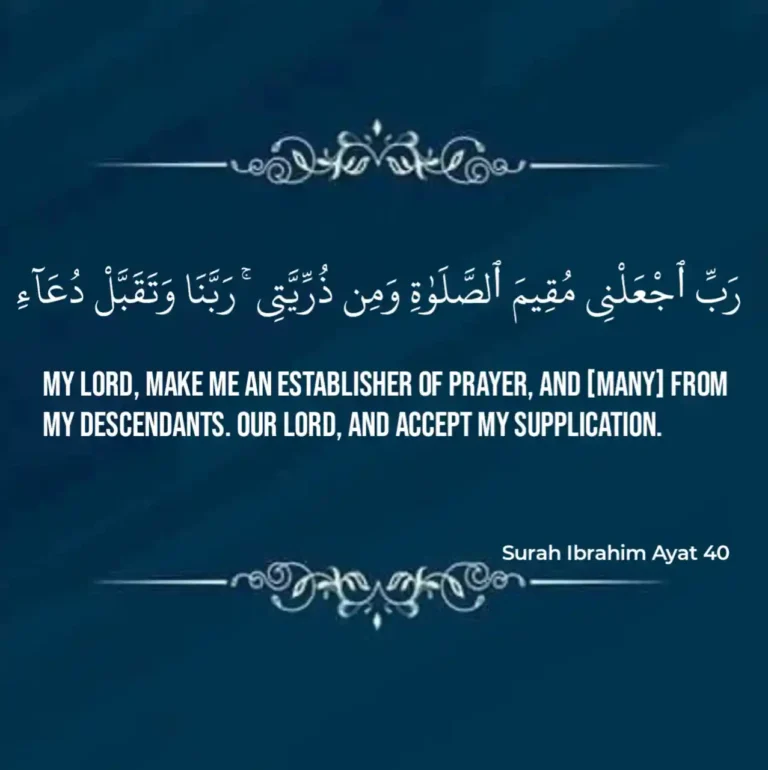
One Comment